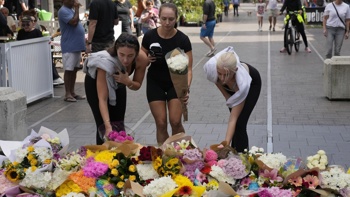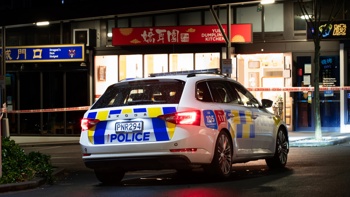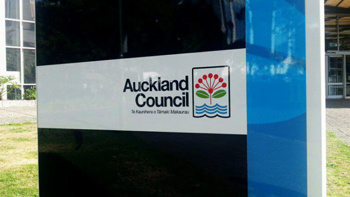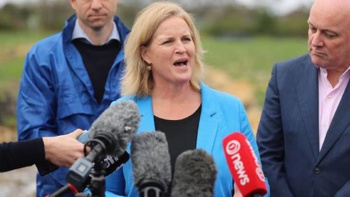UPDATED 6.28PM Helen Clark has criticised the United Nations’ record on peace and security in a debate between candidates for the top UN’s job.
LISTEN ABOVE: Voice of America UN correspondent Margaret Besheer talks to Larry Williams
The televised debate in New York comes ahead of the first secret ballot in the UN Security Council on July 21 which will whittle the field of 12 candidates down to a shortlist.
Making her opening statement, Miss Clark said the role of UN Secretary-General was “not a poisoned chalice”.
The UN had “ground-breaking” agendas on climate change which needed to be implemented quickly, she said.
However, the organisation was “falling short” in the peace and security area.
“We have to get better at preventing conflict and resolving conflict,” she said.
“I believe the long-term answers lie in building the peaceful and inclusive societies which will talk their differences out and not fight them out.
“But in the short term, we have to get a lot better at anticipating those warning signs of what could spill over into serious human rights abuses and conflict.”
UN Correspondent Margaret Besheer told Larry Williams Miss Clark was on safe ground when she said the UN needs to be better at anticipating warning signs of conflict.
"That's something that is talked about in the halls of the United Nations all the time, that human rights abusers, for instance, are an indicator of potential slide into conflict so I think that's an accepted theory around there."
If given the UN’s top job, she would draw on her long experience of leadership and “of having to make a lot of hard calls”.
“I do think I have the vision, the experience and the skills to lead this great organisation … to have a better, fairer, safer world for all its people.”
Also taking part in the debate are Irina Bokova of Bulgaria, Igor Luksic of Montenegro and Danilo Turk of Slovenia.
The role of secretary-general is usually rotated between regions which make up the United Nations, and Eastern Europe is “due” to hold the role.
Asked whether the geographical rotation policy should be scrapped, Miss Clark said that New Zealand had been lumped in with western European countries.
“My little country is from the South Pacific and it has never had a secretary-general either,” she said.
“I really think we when look at the scale of the challenges the world is facing … we need a global search for the best talent. This is a critical job.”
Miss Clark also said she would build a better culture of trust between key parties on the United Nations Security Council (UNSC).
“The Security Council works best when there isn’t polarisation on it.”
Asked about how the UN should deal with abuses committed by UN peacekeepers, she said such cases had tarnished the UN’s reputation.
All troops needed to be well-trained and aware of the consequences of committing “terrible acts”. Any “whisper of abuse” should be reported, she said, and offenders sent home and prosecuted.
“If countries aren’t prepared to do that, then I think the UN has to be prepared to say ‘no thanks’.”
When asked about the recent racism faced by immigrants and refugees moving to new countries, Miss Clark spoke about those who had resettled in New Zealand.
“I speak as someone who has seen the acceptance of refugees into my own country.
“And I would say without reservation that those refugees have paid the hospitality of my country thousands of times over.
To applause from the audience, she said: “They are good people looking for a fresh start. That is the approach we must take.”
Candidates were asked about the UN’s role in Haiti. The organisation has been blamed for introducing cholera to the country through its peacekeepers.
Just one candidate, former UN climate change head Christiana Figueres, from Costa Rica, said they would apologise to Haiti for the UN’s failings.
Asked why she would not apologise, Miss Clark said there was a case before the courts related to the UN’s role in Haiti and it was “not wise” to comment.
But she conceded that the international response to Haiti had been inadequate, and that the UN needed to rally support for a rebuilding the country.
In her closing statement, Miss Clark said becoming secretary-general would be “an incredible privilege and an incredible opportunity”.
“I have every energy to put into this task,” she said.
“These are issues I have worked on all my life and I would really relish the challenge of this position to carry on that work and try to build that better future.”
Take your Radio, Podcasts and Music with you









